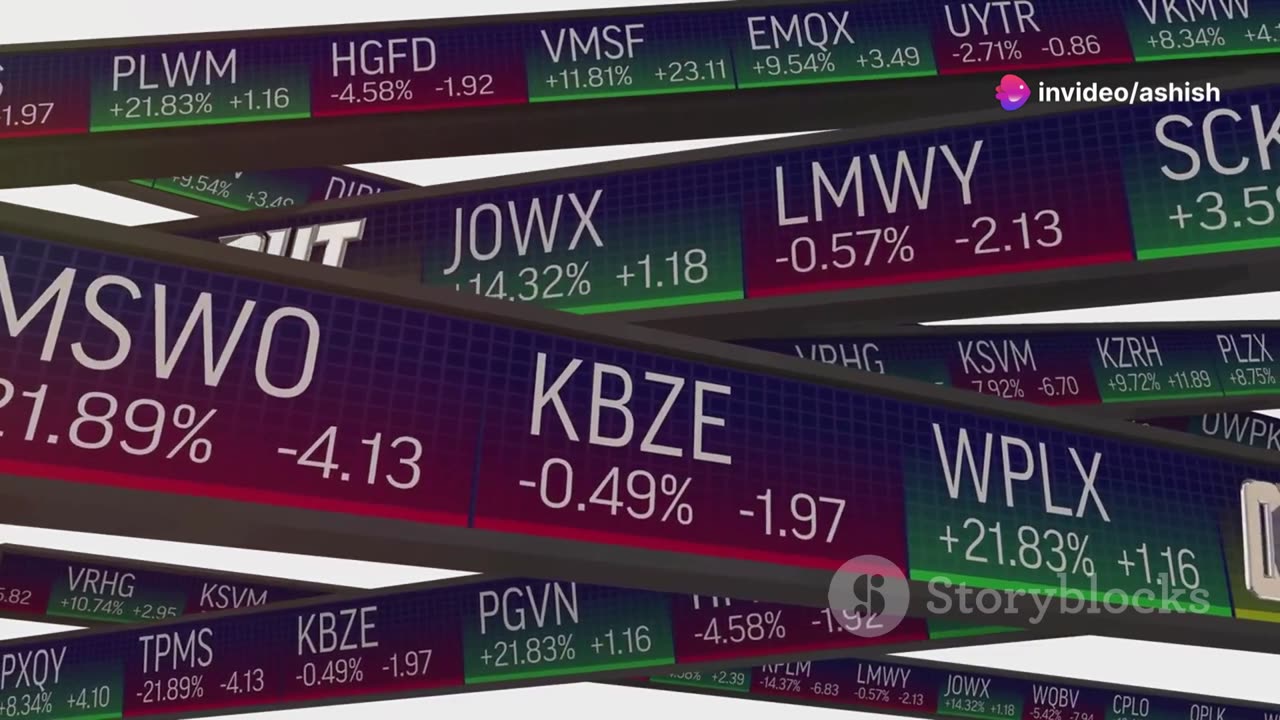Premium Only Content

What is Options Trading
Options trading is a type of financial derivative where traders can speculate on the price movement of an underlying asset without actually owning it. Here’s an overview:
Basics of Options:
Types of Options:
Call Option: Gives the buyer the right (not obligation) to buy an underlying asset at a specified price (strike price) before or on a specified expiration date.
Put Option: Gives the buyer the right (not obligation) to sell an underlying asset at a specified price (strike price) before or on a specified expiration date.
Key Terms:
Strike Price: The price at which the underlying asset can be bought or sold.
Expiration Date: The date by which the option contract expires.
Premium: The price paid by the buyer to the seller of the option.
Option Positions:
Long Position: Buyer of the option, who pays the premium and has rights.
Short Position: Seller of the option, who receives the premium and has obligations.
Strategies in Options Trading:
Basic Strategies:
Buying Calls: Speculating on a price increase.
Buying Puts: Speculating on a price decrease.
Selling Calls (Covered Call): Generating income if you already own the underlying asset.
Selling Puts (Cash-Secured Put): Acquiring the underlying asset at a lower price if assigned.
Advanced Strategies:
Straddles and Strangles: Betting on volatility.
Spreads: Combining multiple options positions to limit risk or profit potential.
Risks and Considerations:
Leverage: Options can provide leverage, amplifying both gains and losses.
Volatility: Options prices are affected by volatility of the underlying asset.
Time Decay: Options lose value as expiration approaches (especially for buyers).
Assignment Risk: Sellers may be obligated to fulfill the contract if the buyer exercises the option.
Benefits of Options Trading:
Flexibility: Allows for various trading strategies depending on market conditions.
Risk Management: Options can be used to hedge existing positions.
Income Generation: Selling options can provide regular income.
Regulatory Considerations:
Regulation: Options trading is regulated by bodies like the SEC (Securities and Exchange Commission) in the U.S.
Requirements: Traders often need approval for options trading from brokers due to its complexity and risks.
Conclusion:
Options trading offers opportunities for both speculation and risk management in financial markets. It’s crucial for traders to understand the mechanics, risks, and strategies involved before engaging in options trading, and consulting with financial advisors or professionals can provide further guidance tailored to individual circumstances.
-
 LIVE
LIVE
Dr Disrespect
4 hours ago🔴LIVE - DR DISRESPECT - METAL EDEN - NEW 2025 SCI-FI FPS LAUNCH STREAM
1,413 watching -
 LIVE
LIVE
StoneMountain64
2 hours agoBattlefield's Easter Egg Phantom Project is STILL ALIVE
145 watching -
 LIVE
LIVE
Film Threat
20 hours agoMARVEL ZOMBIES! PLUS DEXTER RESURRECTION | Hollywood on the Rocks
68 watching -

Jeff Ahern
1 hour agoNever Woke Wednesday with Jeff Ahern
3.14K -
 13:43
13:43
The Kevin Trudeau Show Limitless
6 hours agoClassified File 3 | Kevin Trudeau EXPOSES Secret Society Brainwave Training
11.2K4 -
 10:04
10:04
Freedom Frontline
3 hours agoBernie Sanders EXPLODES After Starbucks CEO FIRES BACK With Truth
101 -
 LIVE
LIVE
SportsPicks
3 hours agoCrick's Corner: Episode 75
54 watching -
 1:06:30
1:06:30
LindellTV
2 hours agoMIKE LINDELL LIVE AT THE WHITE HOUSE
10.8K -
 1:05:33
1:05:33
Russell Brand
4 hours agoTrump Goes NUCLEAR on China - accuses Xi of CONSPIRING against US with Putin & Kim - SF627
111K51 -
 1:14:47
1:14:47
Sean Unpaved
3 hours agoTrey Wingo's Gridiron Grab
17.2K1